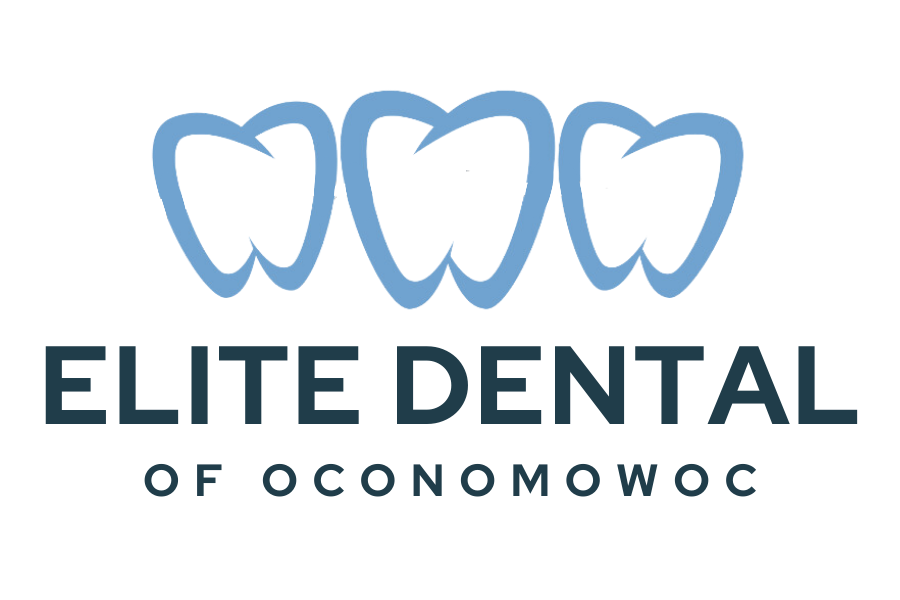Wisdom Teeth
Below is an article found on MouthHealthy.org.
With age comes wisdom. Specifically, wisdom teeth.
Your mouth goes through many changes in your lifetime. One major dental milestone that usually takes place between the ages of 17 and 21 is the appearance of your third molars. Historically, these teeth have been called wisdom teeth because they come through at a more mature age.
When they come through correctly, healthy wisdom teeth can help you chew. Itís normal to feel a little discomfort when your wisdom teeth appear, but if you have pain, see your dentist immediately.
Room to Grow?
Wisdom teeth can lead to problems if there isnít enough space for them to surface or they come through in the wrong position. If your dentist says your wisdom teeth are impacted, he or she means they are trapped in your jaw or under your gums.
As your wisdom teeth make their way through your gums, your dentist will be monitoring your mouth for signs of the following:
- Wisdom teeth that arenít in the right position can allow food to become trapped. That gives cavity-causing bacteria a place to grow.
- Wisdom teeth that havenít come in properly, which can make it difficult to floss between the wisdom teeth and the molars next to them.
- Wisdom teeth that have partially come through can give bacteria a place to enter the gums and create a place for infection to occur. This may also lead to pain, swelling, and stiffness in your jaw.
- Wisdom teeth that donít have room to come through are thought by some to crowd or damage neighboring teeth.
- A wisdom tooth that is impacted can form a cyst on or near the impacted tooth. This could damage the roots of nearby teeth or destroy the bone that supports your teeth.
To read the entire article visit MouthHealthy.org.
The article also contains links about:
- Why You Might Need to Have Your Wisdom Teeth Removed
- Keeping Your Wisdom Teeth?
Drs. Leaman, Setnicar & Piacsek, S.C.
James Leaman DDS, Joseph Setnicar DDS, Stacie Piacsek DDS
820 Summit Avenue
Oconomowoc, WI 53066
262-567-4466
